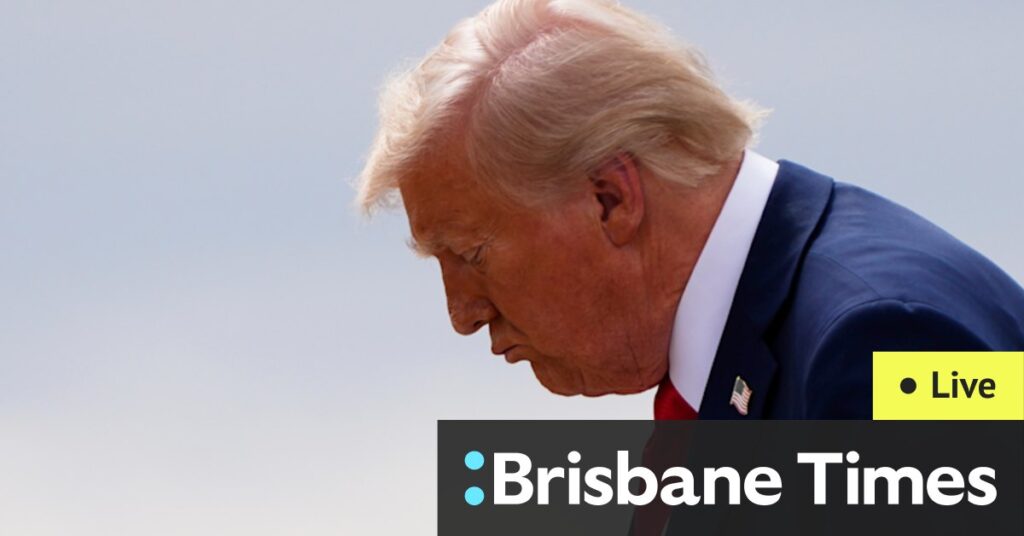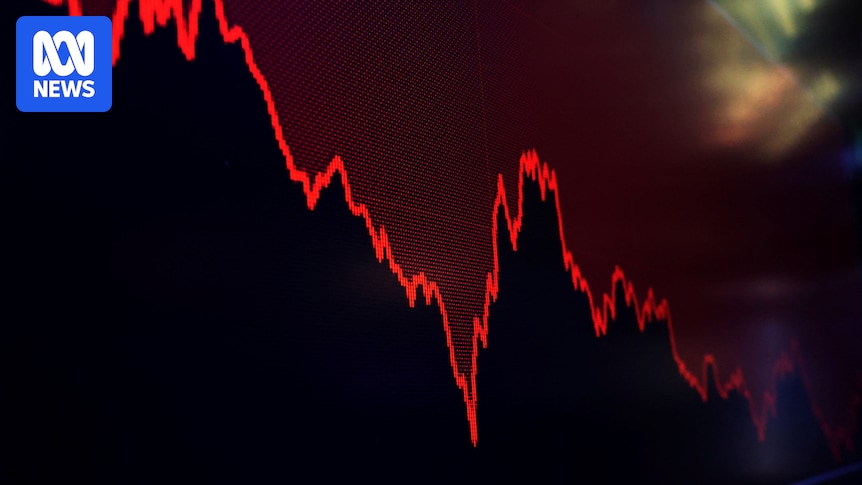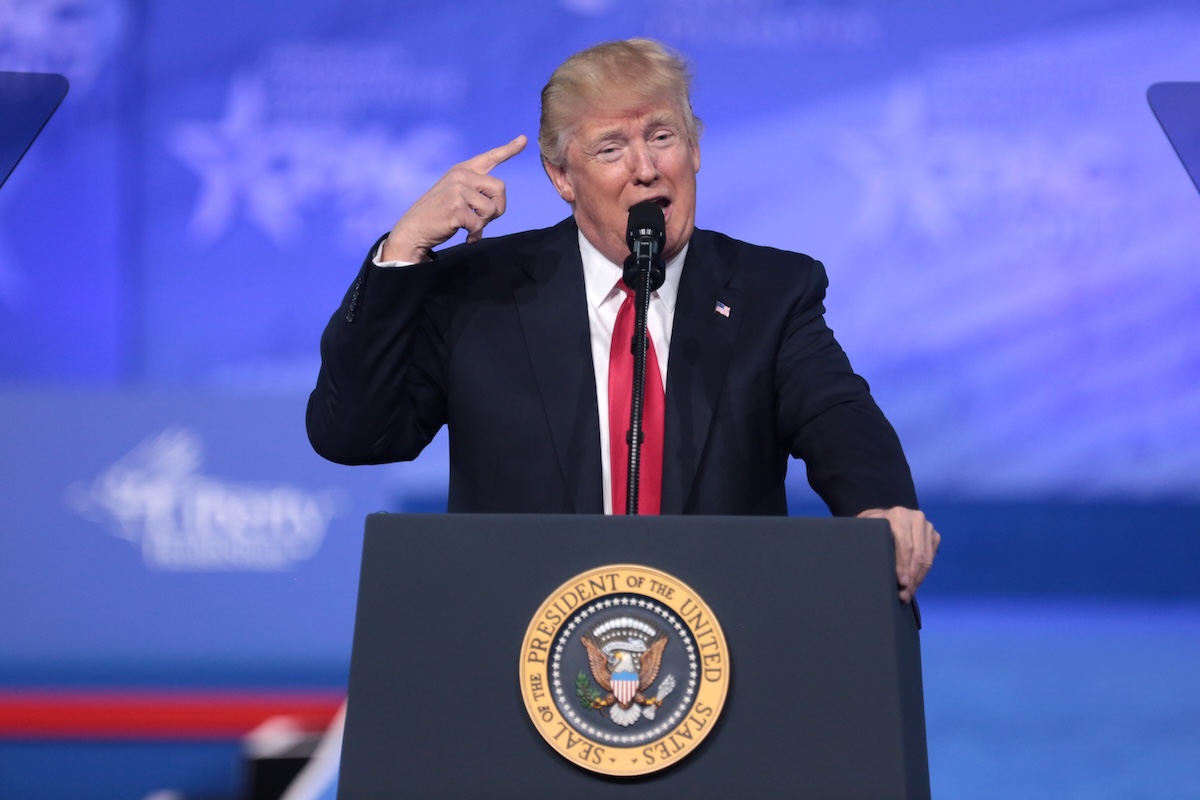
In a series of significant developments, Australia has officially recognized Palestine, a decision that has sparked a variety of reactions both domestically and internationally. Meanwhile, in the United States, former President Donald Trump addressed a large crowd at a memorial for Charlie Kirk, a prominent MAGA activist, in Phoenix.
Australia’s Recognition of Palestine
Prime Minister Anthony Albanese announced on Sunday that Australia would formally recognize Palestine as a state. This move is part of a broader effort to assert Australia’s independent foreign policy, especially regarding the Israel-Palestinian conflict. Albanese emphasized that the decision was made without undue influence from the United States, signaling a shift in Australia’s diplomatic stance.
The announcement comes as tensions in the Middle East remain high, with ongoing conflicts and peace talks frequently stalling. Australia’s recognition of Palestine aligns with a growing international trend, as several countries have taken similar steps in recent years. However, the decision has been met with mixed reactions domestically, with some political figures and communities expressing concern over potential diplomatic repercussions.
Domestic Reactions and Implications
Within Australia, reactions have been divided. Some political leaders have praised the decision as a step towards peace and justice, while others have criticized it as potentially damaging to Australia’s relationships with key allies. The opposition has voiced concerns about the timing and potential impacts on trade and diplomatic relations.
Experts suggest that this move could influence Australia’s standing on the global stage. Dr. Sarah Collins, a Middle East policy analyst, noted, “Recognizing Palestine is a bold move that aligns Australia with a growing international consensus. However, it also risks straining ties with Israel and its allies.”
Trump’s Address at Charlie Kirk’s Memorial
In the United States, former President Donald Trump delivered a speech at a memorial service for Charlie Kirk, a well-known MAGA activist, in Phoenix. The event drew thousands of supporters, highlighting Kirk’s influence within the conservative movement.
Trump’s address focused on honoring Kirk’s legacy and energizing his base ahead of the upcoming elections. He reiterated key themes of his political platform, emphasizing national security, economic growth, and conservative values.
Political Implications
Trump’s appearance at the memorial underscores his continued influence within the Republican Party. Political analysts suggest that his presence at such events serves to galvanize his supporters and maintain his visibility in the political arena.
According to political strategist Mark Reynolds, “Trump’s participation in events like these keeps his base engaged and positions him as a central figure in the GOP, potentially shaping the party’s direction in future elections.”
Other Key Developments
In addition to these major stories, several other significant events unfolded across Australia and globally:
- Optus Outage: The telecommunications company Optus is under scrutiny following a Triple Zero outage linked to multiple deaths. CEO Stephen Rue faces calls for resignation amid investigations into the incident.
- Instagram’s AI Age-Check: Instagram has launched an AI-powered age-verification system in Australia, ahead of a federal ban on social media for users under 16, set to take effect in December.
- Housing Policy Concerns: The Reserve Bank of Australia has raised concerns that the government’s housing policy may inadvertently increase property prices by reducing deposit requirements for first-time buyers.
These developments highlight the dynamic nature of both domestic and international politics, with significant implications for policy, governance, and public sentiment.
Looking Ahead
As Australia navigates its new diplomatic stance and the United States prepares for upcoming elections, the global political landscape remains in flux. The recognition of Palestine by Australia may inspire other nations to follow suit, potentially reshaping Middle Eastern diplomacy.
Meanwhile, Trump’s continued engagement with his base suggests that he remains a formidable force in American politics, with potential implications for the Republican Party’s strategy in the 2024 elections.
As these stories continue to unfold, they will undoubtedly influence both national and international discourse, shaping the future of political and diplomatic relations worldwide.






